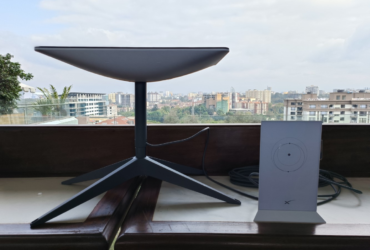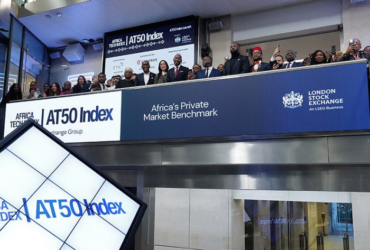A Kenyan High Court has ruled that fintechs should be exempt from value-added tax (VAT) on payment services, overturning an earlier tribunal decision in a case pitting payments startup Pesapal against the Kenya Revenue Authority (KRA). Justice Rhoda Rutto found digital payment providers are “functionally equivalent” to banks, a blow to the tax authority.
The court overturned a ruling by the Tax Appeals Tribunal that had allowed KRA to pursue a KES 76.8 million ($568,000) claim against Pesapal. The ruling, made on August 27, found that companies licenced as payment service providers (PSPs) under Kenyan law are entitled to the same VAT exemptions granted to traditional financial institutions like commercial banks.
The ruling establishes a legal precedent by classifying licensed fintech operators as providers of essential financial services, not merely technology firms. This classification could shield the sector from significant potential tax liabilities and place it on an equal footing with commercial banks and mobile money services.
“The VAT Act neither restricts eligibility for exemption based on the technology used, nor does it tie exemption to registration under the Banking Act,” Justice Rutto wrote in her decision.
“The Appellant’s (Pesapal’s) activities—facilitating merchant payments, processing client funds, storing balances, and executing payment instructions—are functionally equivalent to and mirror those of financial institutions, albeit in a digital environment.”
While Kenya’s VAT Act provides exemptions for financial services, including those offered by payment providers licensed under the National Payment System Act (NPSA), KRA maintained that smaller fintechs did not qualify. This position was challenged in the ruling, which clarifies that the exemption applies based on the function of the service, not the size or type of the provider.
KRA told the court that Pesapal’s licence authorised it only to offer a payment system, not financial services. The tax authority contended that eligibility for a VAT exemption was strictly limited to institutions providing specific services listed in the VAT Act.
KRA argued that despite Pesapal being registered by the central bank under NPSA, it acts as a technological enabler—integrating with banking and mobile money infrastructure rather than providing exempt financial services.
However, Justice Rutto directed that the wording of the Act is “clearly intended to capture a wide array of monetary operations, particularly those that facilitate the movement of funds.”
Mark your calendars! Moonshot by TechCabal is back in Lagos on October 15–16! Join Africa’s top founders, creatives & tech leaders for 2 days of keynotes, mixers & future-forward ideas. Early bird tickets now 20% off—don’t snooze! moonshot.techcabal.com
















Leave a Reply